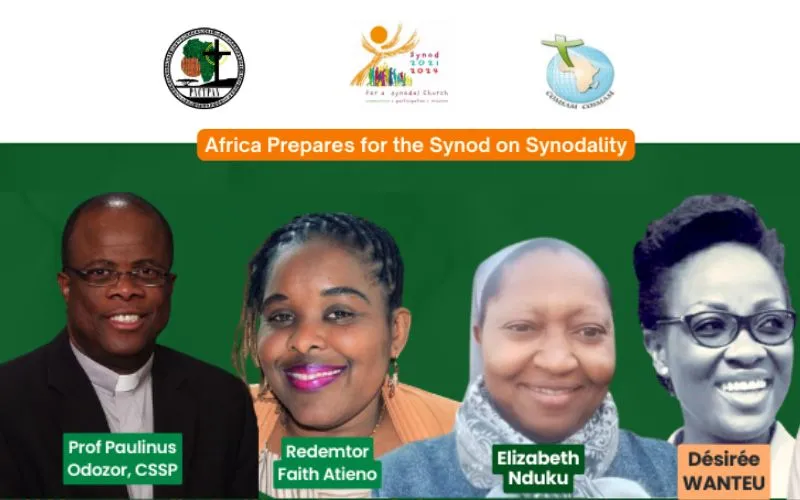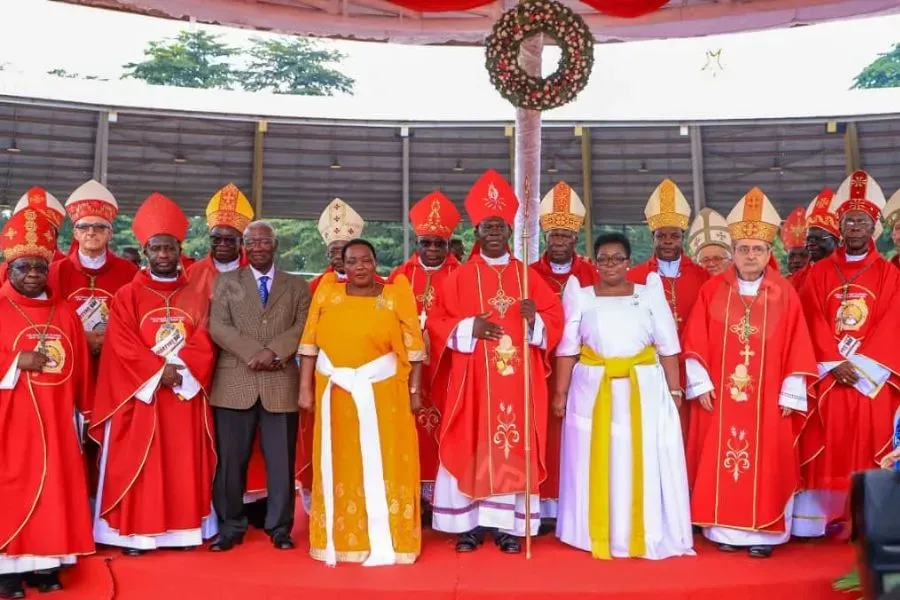Nairobi, 05 August, 2024 / 11:09 pm (ACI Africa).
Patriarchal structures that characterized the traditional African setting were introduced in the Church and have continued to affect the relationship between Local Ordinaries and those in Religious Life, a Kenyan theologian has said.
According to Sr. Elizabeth Nduku, Religious Sisters are affected the most when they are not involved in decision-making processes of the Dioceses in which they are based.
Sr. Nduku says that in the traditional African setting, women who were classified with children were not allowed to be part of decision-making processes.
“Women and children were supposed to be seen and not heard. To challenge authority was a sign of lack of respect and a good woman, a good child, was the one who kept quiet when the leaders were giving orders,” the Associate Professor of Education at Kenyan-based Catholic University of Eastern Africa (CUEA) said at the ninth session of the ongoing synodal palavers.
The Kenyan-born member of the Sisters of St. Joseph of the Catholic Archdiocese of Mombasa (SSJ Mombasa), who contributed to the African commentary on the Synthesis Report that came out of the October 2023 session of the multi-year Synod on Synodality said the position of women in the African setting was “highly supported by the patriarchal mentality.”








